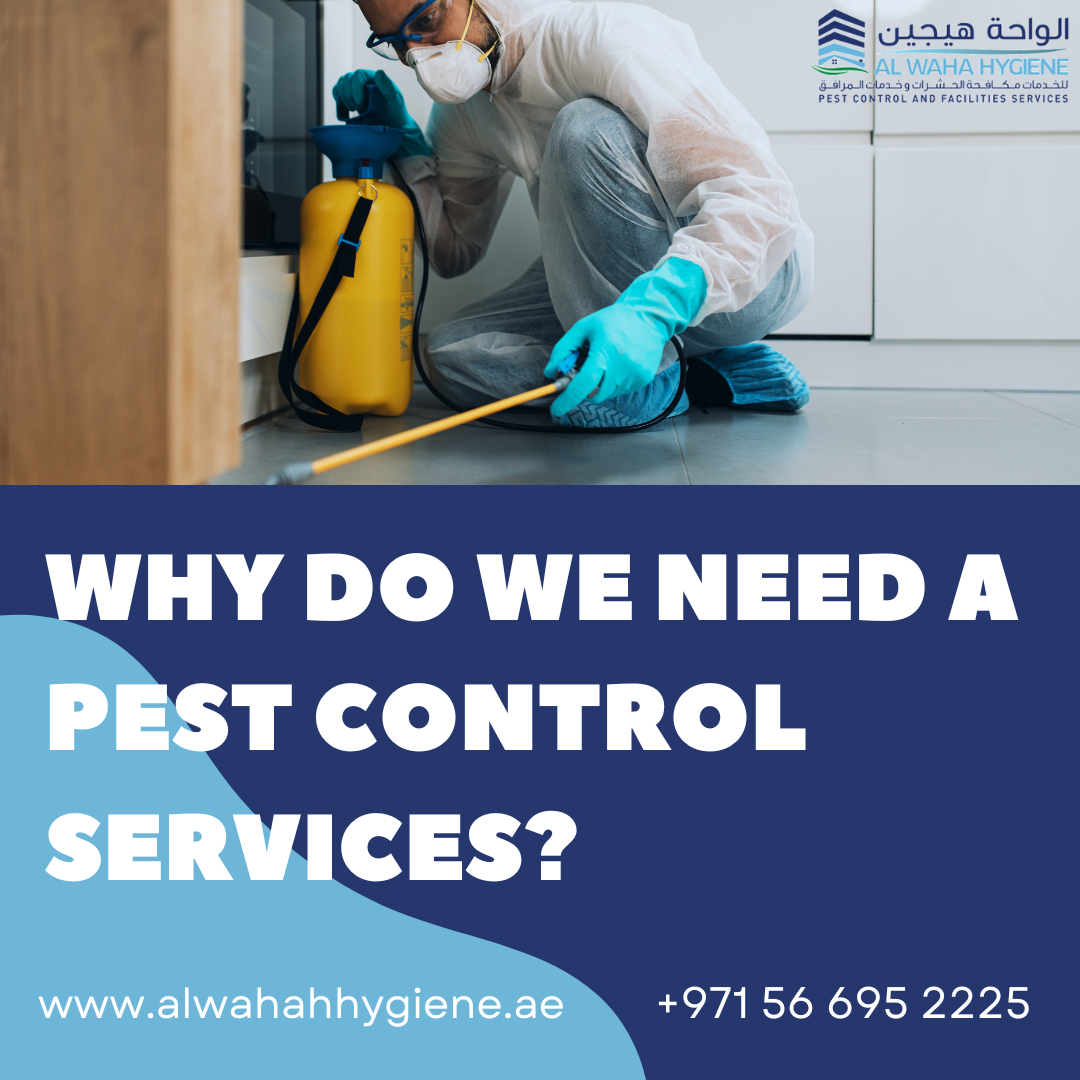Comprehending the Numerous Techniques to Pest Control: A Comprehensive Guide

All-natural Pest Control Approaches
Utilizing eco-friendly methods such as buddy planting and organic insect control is vital for efficiently handling bugs in agricultural setups. Friend planting involves expanding various crops in closeness to deter parasites, improve nutrient uptake, and enhance general crop wellness.
Organic insect control involves presenting all-natural predators or virus to manage pest populaces. Ladybugs, for instance, feed upon aphids, controlling their numbers without the demand for chemical pesticides. Another instance is the use of Bacillus thuringiensis (Bt), a bacterium that targets details insect bugs while being safe to humans, pets, and valuable pests.
These environment-friendly approaches not just decrease the reliance on artificial chemicals but also aid preserve biodiversity and dirt health. By incorporating natural insect control methods right into agricultural practices, farmers can achieve lasting insect administration while lessening adverse influences on the atmosphere.

Chemical Insect Control Solutions
In addition to all-natural parasite control approaches, the use of chemical insect control options plays a substantial function in effectively handling pest populaces in farming atmospheres. Chemical parasite control remedies are formulated to target details insects that may create considerable damage to plants. These options commonly contain artificial pesticides that are designed to remove bugs rapidly and efficiently.
One of the key benefits of chemical parasite control solutions is their effectiveness in managing bug infestations on a big range. Farmers can apply these services using numerous techniques such as splashing, airing out, or seed treatment to protect their crops from hazardous bugs, weeds, and diseases. In addition, chemical insect control solutions are relatively easy to use and can provide quick outcomes, helping farmers guard their yields and decrease financial losses.
However, it is vital to make use of chemical parasite control services deliberately to reduce possible negative influence on the atmosphere, non-target organisms, and human wellness. Appropriate application techniques, adherence to security guidelines, and normal tracking are crucial to guarantee the accountable use of chemical pest control solutions in agricultural methods.
Organic Bug Control Approaches
Organic parasite control approaches leverage all-natural killers or microorganisms to manage pest populations in farming setups successfully. One usual organic control approach is the intro of all-natural adversaries, such as ladybugs or parasitic wasps, to target specific insects.
One more biological control technique involves using microorganisms like germs, viruses, or fungi to infect and eliminate bugs. These microbial agents can be splashed on crops or introduced right into the soil to combat different bugs without harming useful bugs or various other wildlife. Furthermore, using scents to disrupt the breeding patterns of parasites is another effective organic control method. By hindering their reproduction, this technique assists to decrease parasite populaces without the demand for chemical treatment. On the whole, biological pest control approaches use a lasting and targeted service to pest administration in farming.
Integrated Parasite Administration (IPM)
Integrated Insect Monitoring (IPM) is a comprehensive method that combines different insect control approaches to successfully take care of and reduce pest populations in farming systems. IPM focuses on lasting avoidance of parasites with a mix of organic, social, physical, and chemical control methods. By incorporating these various techniques, IPM intends to minimize reliance on chemical pesticides, reduce environmental effect, and advertise lasting parasite management methods.
One trick facet of IPM is making use of organic controls such as natural predators, bloodsuckers, and pathogens to control bug populations. This approach utilizes the power of nature to preserve a balance in between bugs and their all-natural enemies without causing injury to the environment.
In addition, IPM involves cultural practices like plant turning, sanitation, and environment manipulation to create undesirable conditions have a peek at this site for insects and disrupt their life cycles. Physical controls such as composts, catches, and barriers are additionally used to stop insect infestations.
Physical and mechanical Parasite Control Techniques
Making use of non-chemical techniques, such as physical and mechanical bug control methods, is an essential facet of extensive bug monitoring strategies, building on the foundation of Integrated Pest Monitoring's all natural technique. Mechanical pest control includes using physical obstacles or traps to protect against parasites from accessing and damaging plants or structures. This technique can consist of strategies like setting up displays on home windows, utilizing row covers in farming, or utilizing sticky traps to catch insects.
Physical parasite control methods, on the other hand, focus on Visit This Link straight eliminating parasites via physical means. Using warmth treatments to get rid of bed bugs or vacuuming up parasites like spiders or ants can be reliable means to manage invasions without the usage of chemicals. By including these mechanical and physical parasite control techniques right into an Integrated Parasite Administration plan, people and specialists can decrease reliance on pesticides while still properly taking care of pest populations and lessening damage.
Final Thought

In addition to natural bug control methods, the utilization of chemical parasite control remedies plays a significant role in effectively handling pest populations in farming settings.One of the essential advantages of chemical pest control options is their performance in managing parasite invasions on a big scale.Integrated Bug Administration (IPM) is a comprehensive technique that integrates various bug control techniques to successfully handle and lessen pest populations in farming systems.Making use of non-chemical approaches, such as mechanical and physical he said insect control techniques, is an important facet of detailed pest administration techniques, developing upon the foundation of Integrated Pest Management's alternative method. By integrating these mechanical and physical pest control strategies right into an Integrated Bug Management strategy, specialists and individuals can reduce dependence on pesticides while still successfully handling pest populaces and reducing damages.